
EU Declares “New Era” in Central Asia Amid Russian and Chinese Competition
The EU announced a “new era” in ties with Central Asia on Friday at a major summit in Uzbekistan, as Brussels presses its influence in the region in the face of Russian and Chinese competition.
Russia’s invasion of Ukraine has accelerated the region’s drift from Moscow’s orbit, with major powers to both the West and East sensing an opening.
The presidents of the five Central Asian countries — Kazakhstan, Kyrgyzstan, Tajikistan, Turkmenistan and Uzbekistan — are holding a summit with the EU’s top leaders.
The meeting is in the ancient Silk Road city of Samarkand, for centuries a key hub in East-West connections, trade and commerce.
Central Asia is rich in natural resources, on the front lines of climate change and a key security player trying to contain extremism, sharing borders with Afghanistan, Iran, China and Russia.
“This is the start of a new era in our ancient friendship,” EU chief Ursula von der Leyen told Central Asian leaders.
The European Commission chief and Antonio Costa — the head of the European Council — were in Uzbekistan as US President Donald Trump’s tariff offensive sparked global market shock and as Moscow has been fighting in Ukraine for over three years.
“We are at another turning point. New global barriers arise, investments are being redirected, powers around the world are carving up new spheres of influence,” von der Leyen said.
“Reliable partners have never been so important. We want to explore new avenues,” she said, calling for a “strategic partnership” with the region.
These resources are a “honey pot for global players,” von der Leyen said. The landlocked region has an abundance of uranium, cobalt, copper and other essential materials. Kazakhstan, on the eve of the summit, discovered potentially its largest ever deposit of rare earth elements.
“Europe’s offer is different,” von der Leyen pledged, promising to help develop local industries. She also said Brussels wanted to help Central Asia become a “clean energy power house”. She announced that Europe’s satellites could bring internet to remote areas, where it is scarce.
Despite EU ambitions, Russia and China will be difficult to dislodge. Beijing is pouring cash into ambitious infrastructure projects, while Russia supplies arms and energy — as well as having long-standing cultural and linguistic reach across the former Soviet state.
- High-Level Commission Calls for Sweeping Legal and Institutional Reforms to Revive Nepal’s Economy
- High-Level Commission Recommends Investment-Friendly Reforms and Lowering Production Costs
- Fugitive Durga Prasai Arrested in Jhapa, Being Transferred to Kathmandu
- President Paudel Extends Greetings on Mahavir Jayanti
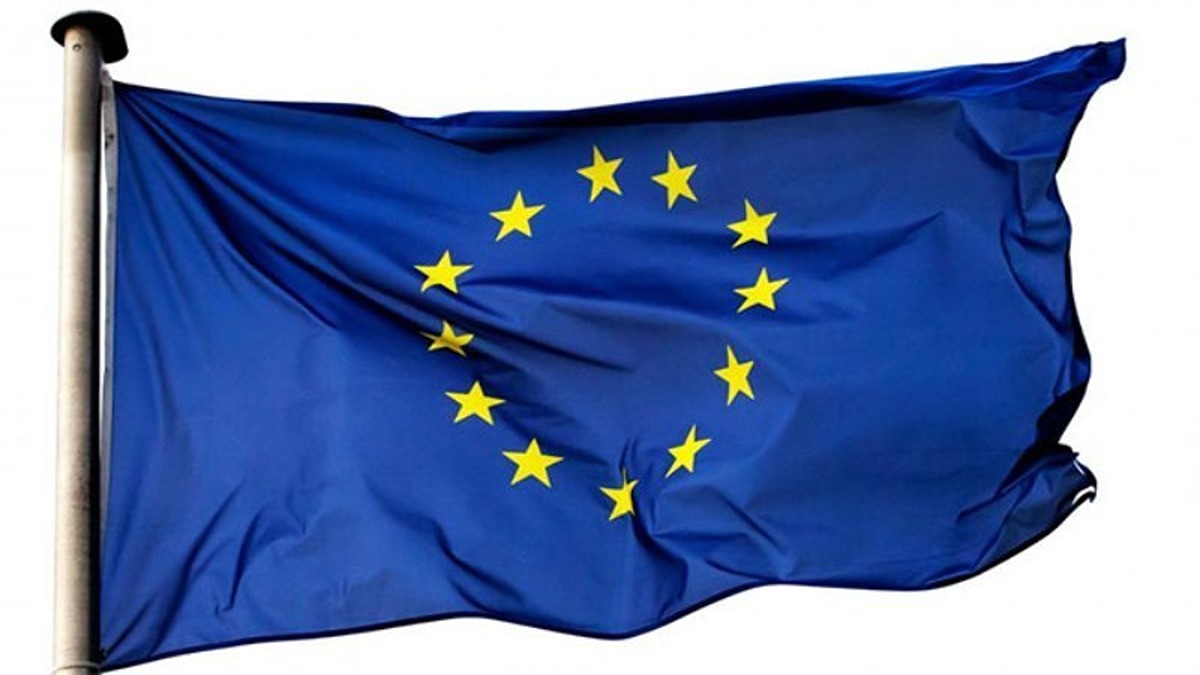
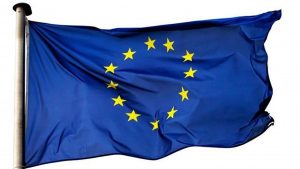

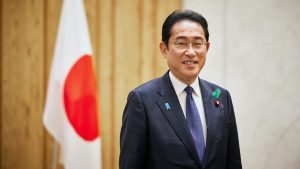
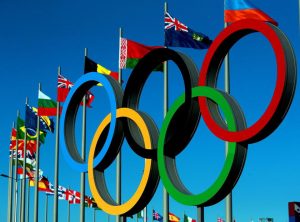
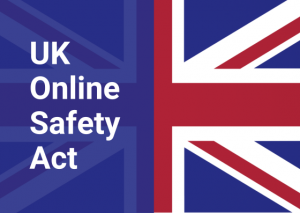


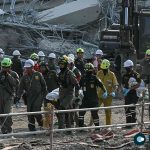
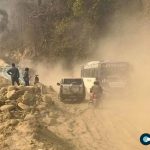

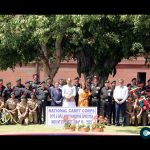
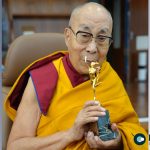
Comments